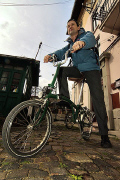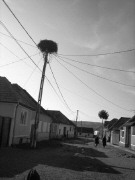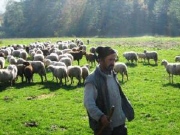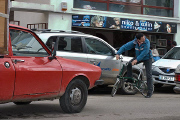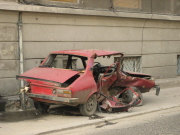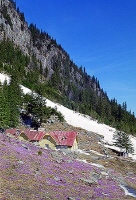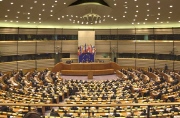 Romania’s Senate has passed a law which obliges the media to present an equal proportion of positive news, in order to balance the “bad” news in the Romanian media. One of the most extraordinary facts about this law is that it was passed unanimously by Romania’s Senate. What were they thinking?
Romania’s Senate has passed a law which obliges the media to present an equal proportion of positive news, in order to balance the “bad” news in the Romanian media. One of the most extraordinary facts about this law is that it was passed unanimously by Romania’s Senate. What were they thinking?
The implications of this media law are boggling: to impose a “positive news” rule on a free media is technically impossible in an open society. To do so would require a comprehensive system of censorship, a clampdown on freedom of expression that would be inadmissible within the EU; it would debilitate the media and be a throwback to the Communist era. It would be unacceptable to the media, the government, the public and the EU. It is unworkable, unthinkable, impossible. Continue reading
